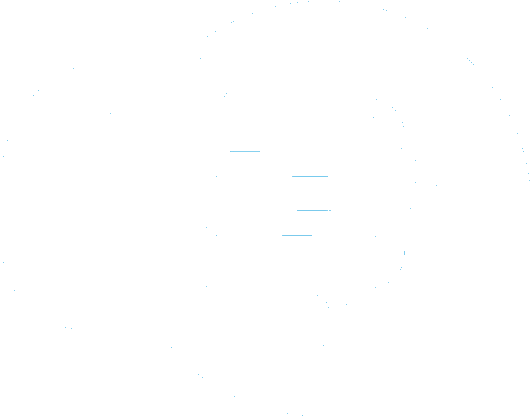Maths
Mathematics at Lingham Primary School
At Lingham we believe that all children can do maths and developing a growth mindset is central to our teaching. Children are encouraged to be confident and ‘have a go’ because all answers are valued and worth exploring – mistakes lead to rich discussions and new learning! We want children to enjoy their maths journey so we provide lots of opportunities for them to work with their friends, talk about their maths and use a range of practical resources to help them to explain their thinking.
To create happy and successful mathematicians, we have adopted a mastery approach which is based on 5 big ideas – coherence, fluency, representations and structures , mathematical thinking and variation.
For more information about how we teach maths at Lingham, please explore the files below….
The aims of the National Curriculum:
The national curriculum for mathematics aims to ensure that all pupils:
- become fluent in the fundamentals of mathematics, including through varied and frequent practice with increasingly complex problems over time, so that pupils develop conceptual understanding and the ability to recall and apply knowledge rapidly and accurately.
- reason mathematically by following a line of enquiry, conjecturing relationships and generalisations, and developing an argument, justification or proof using mathematical language
- can solve problems by applying their mathematics to a variety of routine and non-routine problems with increasing sophistication, including breaking down problems into a series of simpler steps and persevering in seeking solutions.
Maths in The Early Years at Lingham
In Mathematics we want our children to become confident mathematicians who are not afraid to explore their ideas and ‘have a go’. We aim to create a safe space where all children feel confident to share, explore and discuss their ideas. Although we set aside, time each day to teach and explore new mathematical concepts we also recognise the importance of making the most of moments throughout the day to highlight and use mathematics, for example, in daily routines, play activities and other curriculum areas. We want children to leave the EYFS with a strong basis for their future mathematical learning and we aim to do this by developing children’s number fluency, ensuring children have a robust understanding of the connection between numbers and amounts; and supporting children to be able to communicate their thinking, both verbally and non – verbally (e.g. drawing simple pictures).
We teach each number systematically to ensure children have a deep familiarity with the number and the quantity it represents. We encourage children to explore the composition of each number in order to develop children’s number fluency/concept of number. We take a holistic approach, exploring each number through books, rhymes, concrete and pictorial representations, using a range of different manipulatives to explore each number, incorporating Shape, Space and Measure (shape, time, money etc.) and daily life and routines (time, days of the week, door numbers).
We offer children the opportunity to explore the numbers during guided sessions/discussions throughout taught lessons and independently within the provision. We encourage children to talk about maths and take time to create mathematical conversation throughout the day.

